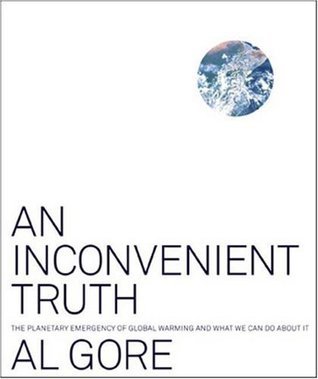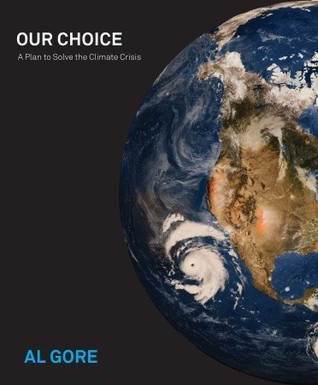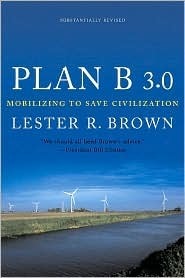
An Inconvenient Truth: The Planetary Emergency of Global Warming and What We Can Do About It
Book Description
A planet on the brink—will humanity rise to the challenge? Al Gore’s 'An Inconvenient Truth' unveils the stark realities of global warming, bringing to light the eerie predictions and alarming data that highlight the urgent crisis threatening life as we know it. Through powerful visuals and compelling arguments, the narrative unfolds like a gripping documentary, pushing readers to confront the consequences of inaction. This urgent call to arms inspires hope and action amidst despair, illuminating pathways to healing our planet. Will we take a stand before it’s too late, or watch helplessly as the world changes forever?
Quick Book Summary
"An Inconvenient Truth" by Al Gore is a compelling exploration of the global climate crisis, revealing the science, consequences, and solutions surrounding global warming. Using clear explanations and impactful visuals, Gore highlights the overwhelming evidence of rising temperatures, melting ice caps, and extreme weather patterns, all linked to human activity, especially the emission of greenhouse gases. The book not only details the dire environmental impacts but also the social, economic, and moral implications if left unaddressed. Gore appeals to both individuals and governments, arguing that immediate, sustainable action is necessary to mitigate future catastrophes. Ultimately, the book serves as a clarion call to awaken the public conscience and ignite world-wide efforts toward environmental stewardship.
Summary of Key Ideas
Table of Contents
Visualizing Climate Change: Evidence and Warnings
Al Gore's "An Inconvenient Truth" begins by vividly illustrating the evidence for global warming. Drawing on decades of scientific research and real-world observations, the book uses charts, photographs, and stories to highlight trends in rising global temperatures, shrinking glaciers, and extreme weather events. Gore shows how these visible changes are not isolated or temporary, but rather interconnected signals of a planet under stress. By making complex data accessible and relatable through visuals, the book underscores the urgency and scale of the climate crisis.
Human Impact and the Greenhouse Effect
The narrative pivots to a thorough discussion of humanity's role in the crisis. Gore explains how the industrial revolution and global economic growth, powered largely by fossil fuels, have triggered unprecedented levels of carbon dioxide and greenhouse gases in the atmosphere. These emissions trap heat, amplifying the natural greenhouse effect and driving climate change. He connects these scientific patterns to policy failures and societal inertia, emphasizing how human choices and government actions—or inaction—have compounded the problem and increased its momentum.
Consequences of Inaction and Global Risks
Gore then delves into the far-reaching consequences of an unmitigated warming world. From rising sea levels threatening coastal communities to increased frequency and intensity of hurricanes, droughts, and wildfires, the book paints a dire future if trends continue unchecked. These environmental disasters have cascading effects on food security, health, biodiversity, and economic stability. Gore warns that the poorest and most vulnerable populations will bear the brunt of the impacts, framing global warming as a profound ethical challenge that transcends borders and generations.
Personal and Political Solutions for Change
Recognizing the scale of the threat, the book turns hopeful by outlining solutions at both the personal and policy levels. Individuals are encouraged to make sustainable lifestyle choices—like conserving energy, reducing waste, and supporting clean energy. Simultaneously, Gore presses for sweeping legislative changes to regulate emissions, develop alternative technologies, and incentivize innovation. He argues that collective action, informed by science and driven by leadership, can reverse harmful trends and restore planetary equilibrium.
A Call for Hope and Responsibility
Ultimately, "An Inconvenient Truth" closes with a passionate plea for global responsibility and collective courage. Gore imbues the narrative with hope, suggesting that the challenges of climate change, while daunting, are not insurmountable. He calls for a new era of environmental stewardship, underpinned by informed activism and robust global cooperation. The book serves not only as a warning, but as an invitation to recognize our shared fate and capability to shape a sustainable future.
Download This Summary
Get a free PDF of this summary instantly — no email required.





